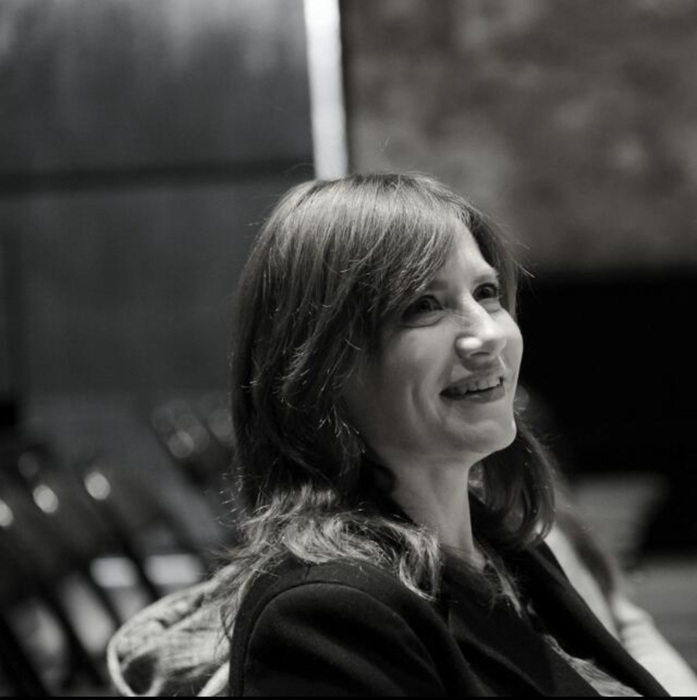(by Luciano Fioramonti) The issues highlighted by the Me Too movement have caused a new attitude towards working women but as for professional opportunities in the music sector, as in many other sectors, nothing has changed.
''Italian composers must go abroad to complete their training.
In France and Germany, for example, they are welcomed with greater sensitivity and attention in artistic residencies and in programs dedicated to emerging artists.
In our country there are no artistic residencies like the German Academy of Villa Massimo or the French Academy of Villa Medici that guarantee a musician a salary for a year to be able to compose and do research''.
Lucia Ronchetti, director of the Biennale Musica, paints a gloomy picture of the panorama for young people who graduate from the conservatory to dedicate themselves to symphonic and operatic writing.
The opportunity to talk about it is the conference that Palazzetto Bru Zane, who works in Venice on the rediscovery of the French romantic repertoire, dedicates on 8 March to four female composers.
Ronchetti, also a composer, and Vincenzina C. Ottomano, music historian and lecturer at Ca' Foscari University, will address ''the long duration of female compositional research in nineteenth-century France'' to show how the experience of those authors profoundly shaped the sphere female music of subsequent generations ''creating the essential premises for the current recognition of the role and importance of many protagonists of the European scene''.
''The history of music evaluated over much longer periods of time and should be a much more fluid science - says Ronchetti to ANSA -.
''These female musicians are important because it is thanks to them that space was given to female artists in 1900s France.
Today there are various internationally recognized female composers who have had access to high-level training''.
This was precisely the problem of the last century: if a composer was not admitted to the most important institutions it is difficult for his work to have added value.
''Music - observes Ronchetti - is never the work of an isolated composer but is the result of relationships with other colleagues, in a chain that links him to what happened before him.
The prestigious teaching centers are great reference points for talents arriving from all over the world.
Latecnica is transferred from generation to generation''.
And instead?
Until the middle of the last century, women were able to refer to a class of teachers entirely made up of men.
Only after the Second World War was space created for teachers.
This is the case of the Finnish Kaija Sahariaho (1952-2023), Golden Lion for Lifetime Achievement at the Biennale Musica in 2021, who in the Seventies was admitted to the most important composition institute despite the professor having been clear: ''You have to sit on a chair listen and pretend you don't exist''.
For a short time, female composers have occupied key positions in teaching, such as Isabel Mundry (1963), holder of the professorship for composition at two important institutions in Munich and Zurich, and the Israeli Chaya Czernowin (1957), who teaches composition at Harvard.
For Italy the cases of Clara Iannotta and Francesca Venturelli are valid, internationally recognized authors of the new generation who studied and lived in France and won the Prix de Rome in different years for the quality of their work.
''Abroad - observes Ronchetti - we can study anywhere because being born in Italy is important, our musical tradition is a guarantee and it is easier to find open doors''.
Italy on the other hand, the musician underlines, does not invest in this field and lacks planning.
''It's a big mistake and a shame.
Great composers emerge with good working conditions, if they can experiment with projects that may even be failures.
It's a job you learn by doing.
This is why it is important to have financing and residence facilities.
We Italian composers are almost always conservatory teachers who, when they can, usually work for free on their compositions''.
It is also important to do research in libraries to better understand the musical past and plan for the future.
As PalazzettoBru Zane does, precisely, which analyzes and brings to light the musical masterpieces of the French 19th century.
''It's a lighthouse in the fog - he concludes - a jewel and a warning.
Initiatives like these should be born in Italy too because we tend to forget the past and select from tradition only what is interesting for the immediate present''.
Reproduction reserved © Copyright ANSA

